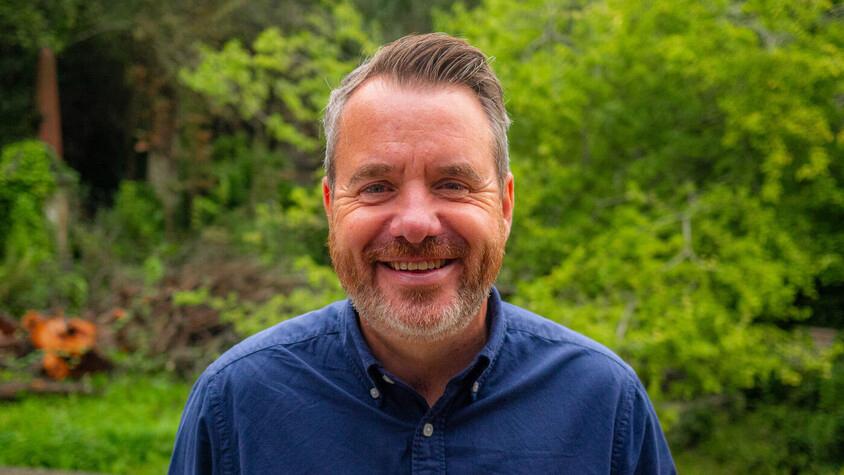Trustees have warned that politicians and the media “have more influence than they should” on the work of the Charity Commission.
They concede that charity law is the main influence on the regulator’s work, according to a Commission survey of trustees.
But they are concerned about the independence of the Commission from the influence of politicians and the media.
The media, politicians and larger charities all received higher scores from trustees around the influence they have over the regulator, compared to the influence they think these groups should have.
Charity law, while the main influence on the regulator, is not as influential as it should be. Nor is the actual influence of charities themselves, which should have more sway according to trustees.
However, trustees believe that currently larger charities have a bigger say on the work of the regulator than their smaller counterparts.
It is worth noting that the survey was carried out among more than 2,500 trustees in February this year during the final months of the Conservative government and amid concerns in the sector over right wing politicians and media’s culture war attacks on charities, for their work tackling racism and supporting asylum seekers.
The regulator says the survey findings “were echoed” in qualitative research among charity leaders “with multiple trustees citing a gov.uk address on the Commission’s website”.
Previous concerns have been raised over the Conservative government's appointment of regulator chair Orlando Fraser, who had previously been a general election candidate for the party.
“There was also discussion about the influence of the media, as the Commission may be more likely to act on charities that are more likely to get media attention. The Kids Company case was mentioned as an example of this,” said the regulator in its report on its trustee survey.
“Additionally, trustees felt that charities’ level of influence on the Commission differs depending on their reputation and size with larger, well-known charities having more sway.”
Artificial Intelligence
The survey also found only 3% of charities are using artificial intelligence (AI) in their operations. This proportion drops to 3% among small charities with an annual income of less than £10,000 but increases to 6% among larger charities with an income of more than £500,000.
Among the largest charities, which an annual income more than £5m, 8% are using AI in their operations.
Those using AI are deploying it most in drafting web content or communications. This was cited by almost three in five.
Drafting internal documents, researching and fundraising are other common uses among AI adopters
Latest News
-
Christian donors’ giving falls over the last year
-
Regulator’s church probe in York sparks further investigation
-
Alison Dunn: Why geography still decides which charities survive
-
Paying fundraisers a commission can harm their wellbeing, think tank warns
-
Monday movers - 2 February
-
Regulator finds misconduct at late-filing private Catholic school
Charity Times video Q&A: In conversation with Hilda Hayo, CEO of Dementia UK
Charity Times editor, Lauren Weymouth, is joined by Dementia UK CEO, Hilda Hayo to discuss why the charity receives such high workplace satisfaction results, what a positive working culture looks like and the importance of lived experience among staff. The pair talk about challenges facing the charity, the impact felt by the pandemic and how it's striving to overcome obstacles and continue to be a highly impactful organisation for anybody affected by dementia.
Charity Times Awards 2023
Mitigating risk and reducing claims

The cost-of-living crisis is impacting charities in a number of ways, including the risks they take. Endsleigh Insurance’s* senior risk management consultant Scott Crichton joins Charity Times to discuss the ramifications of prioritising certain types of risk over others, the financial implications risk can have if not managed properly, and tips for charities to help manage those risks.
* Coming soon… Howden, the new name for Endsleigh.
* Coming soon… Howden, the new name for Endsleigh.
Better Society

© 2021 Perspective Publishing Privacy & Cookies













Recent Stories